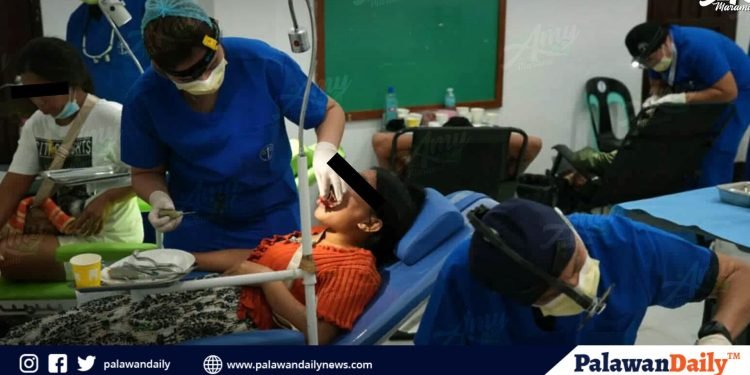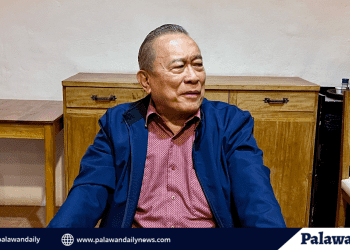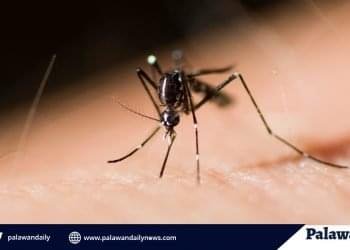The waiting began at dawn.
Families carrying blankets, plastic bags of rice, and water bottles gathered outside the Northern Palawan Provincial Hospital, some arriving by banca from island barangays, others by motorbike after hours on unpaved roads.
Inside, the narrow corridors filled quickly. A hospital more accustomed to steady rural rhythms was suddenly alive with the movement of surgeons, nurses, and volunteers from across the province and beyond.
For three days, from August 21 to 23, the hospital became the setting for one of the largest surgical missions northern Palawan has seen.
By the end, 1,443 patients had been treated, from cataract operations to major abdominal surgeries.
Records show 129 major and 134 minor procedures, along with 59 ophthalmology cases. Hundreds more lined up for optometry, dental care, cervical screenings, endoscopies, and colonoscopies.
The mission was led by the Cebu-based Sui Generis Mission Team under Justice Geraldine Faith Econg, joined by more than 120 delegates.
Provincial agencies, from the Health Office to the Social Welfare Office, and local officials under Vice Governor Leoncio Ola lent their support, ensuring that supplies, logistics, and post-surgery care were in place.
For Governor Amy Alvarez, the effort represented more than statistics.
“Each one is a story of comfort, safety, and new hope for their families,” she said.
“Dahil sa inyong dedikasyon at malasakit, naisakatuparan natin ang isang misyong tunay na nagbigay ng pag-asa at bagong simula sa ating mga kababayan.”
In Palawan, geography often defines access.
The provincial capital, Puerto Princesa, sits hours away by road or sea from northern towns like Taytay. For residents who cannot afford travel, treatment can mean delay, or abandonment altogether.
By bringing surgical teams to Taytay, the mission closed that distance, if only for a few days.
Governor Alvarez framed the experience as proof of what coordinated effort can deliver.
“Ang tagumpay na ito ay nagpapatunay na sa serbisyong pangkalusugan walang pinipili at walang maiiwan,” she said, adding that programs like this will continue.
“Asahan po ninyo na ipagpapatuloy natin ang ganitong mga programa upang masiguro na ang Serbisyong Wasto at Sigurado ay mararamdaman ng bawat Palaweño, saan mang sulok ng ating lalawigan.”
For those who left the hospital with clearer eyesight, relief from chronic pain, or the weight of uncertainty lifted, the mission’s legacy is less about the numbers and more about possibility.
In Palawan’s far-flung north, the promise of health care within reach, however brief, is itself a form of hope.

















